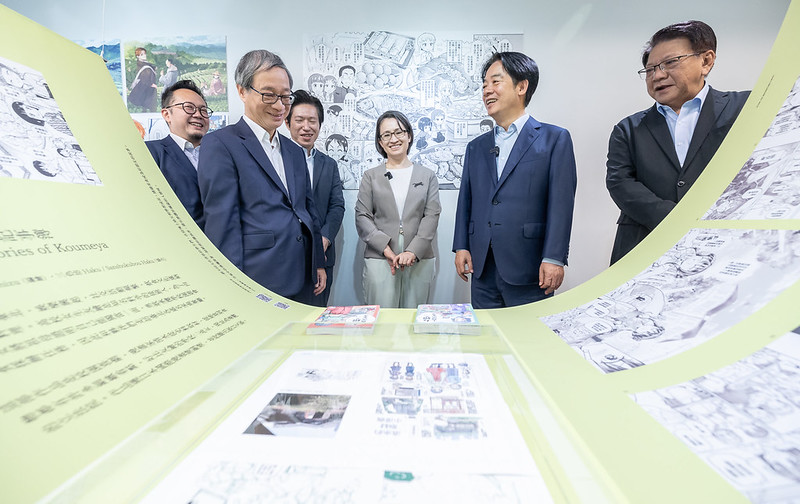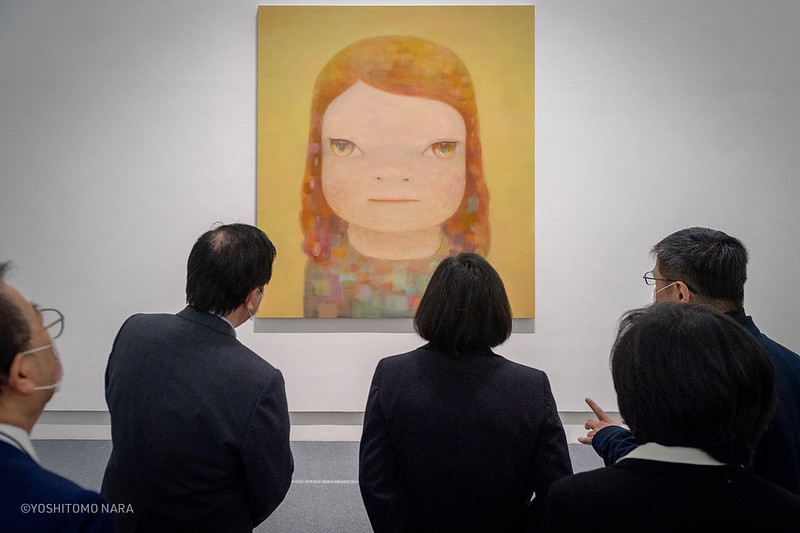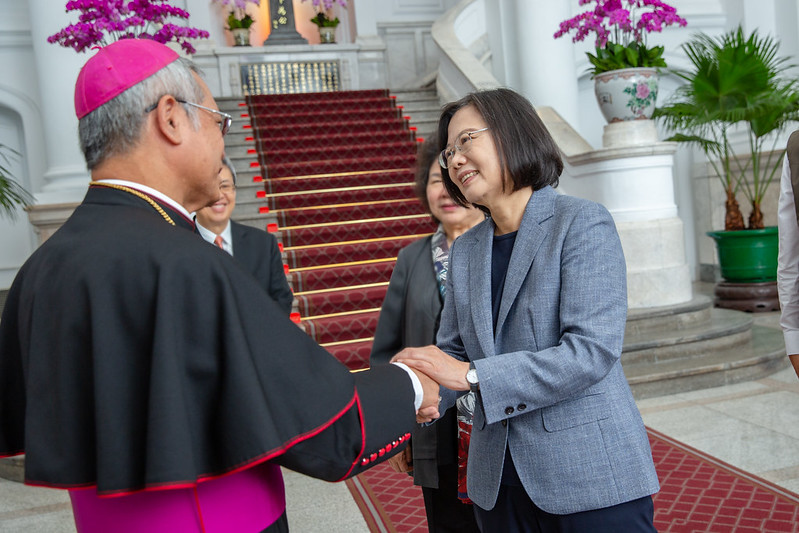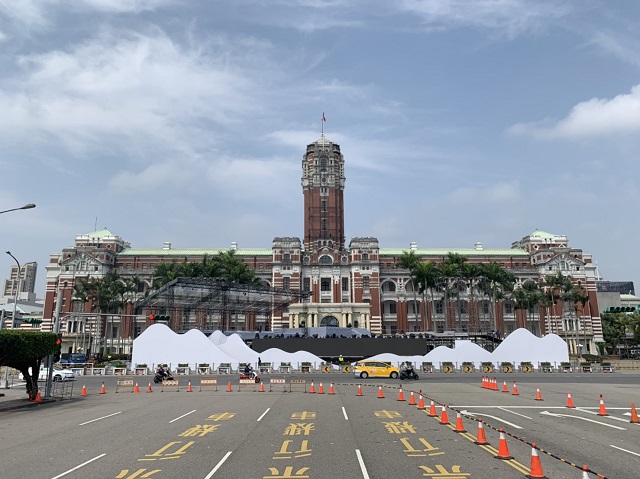News & activities
 News releases
News releases
President Tsai Ing-wen addressed the 2022 New York Mets Taiwan Day event via video, which was broadcast at Citi Field, home of the New York Mets baseball team, at around 1:20 p.m. on August 28 local time (1:20 a.m. on August 29 Taipei time). In the video, President Tsai introduced "Captain Taiwan" Peng Cheng-min (彭政閔), who threw out the game's first pitch, and thanked the United States for donating COVID-19 vaccines to Taiwan, helping us overcome the pandemic and get back to baseball.
A transcript of the president's remarks follows:
It's wonderful to see you all again on this year's Mets Taiwan Day. I'm sure that baseball fans in Taiwan and the US are all enjoying being back at the ballpark, with life returning to normal as the pandemic subsides.
I would like to take this opportunity to thank the United States for donating 4 million vaccine doses to Taiwan. Through such generosity, we were able to overcome the pandemic and get back to our beloved baseball games.
Taiwan's professional baseball league has been going for 33 years now. Over the years, our teams have developed large fan bases as well as their own unique cheerleading squads and team cheers.
I know that, due to the pandemic, many of the most highly anticipated baseball events have been postponed, including the World Baseball Classic (WBC). Baseball fans have been looking forward to this competition for a long time.
Today, I want to introduce a Taiwanese baseball player who once represented us in the World Baseball Classic, Peng Cheng-min. But I just call him “Chia Chia.” He captained the national team in so many games that he is also known as “Captain Taiwan.”
Chia Chia will be throwing out the first pitch at today's Mets Taiwan Day. Give it up for Chia Chia!
Held almost every year since 2005, Mets Taiwan Day is the longest-running and largest Taiwan-themed event in any of the four major professional sports leagues in the US. This year's event featured an opening pitch by Peng Cheng-min, who is currently assistant manager of the CTBC Brothers team in Taiwan's professional baseball league, as well as a video shown on the stadium's giant scoreboard highlighting Taiwan's international cooperation to fight the pandemic.








